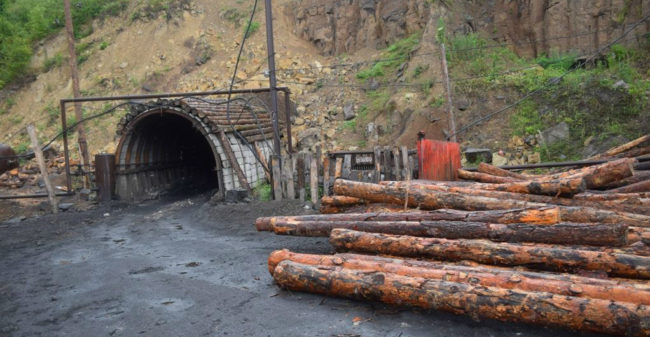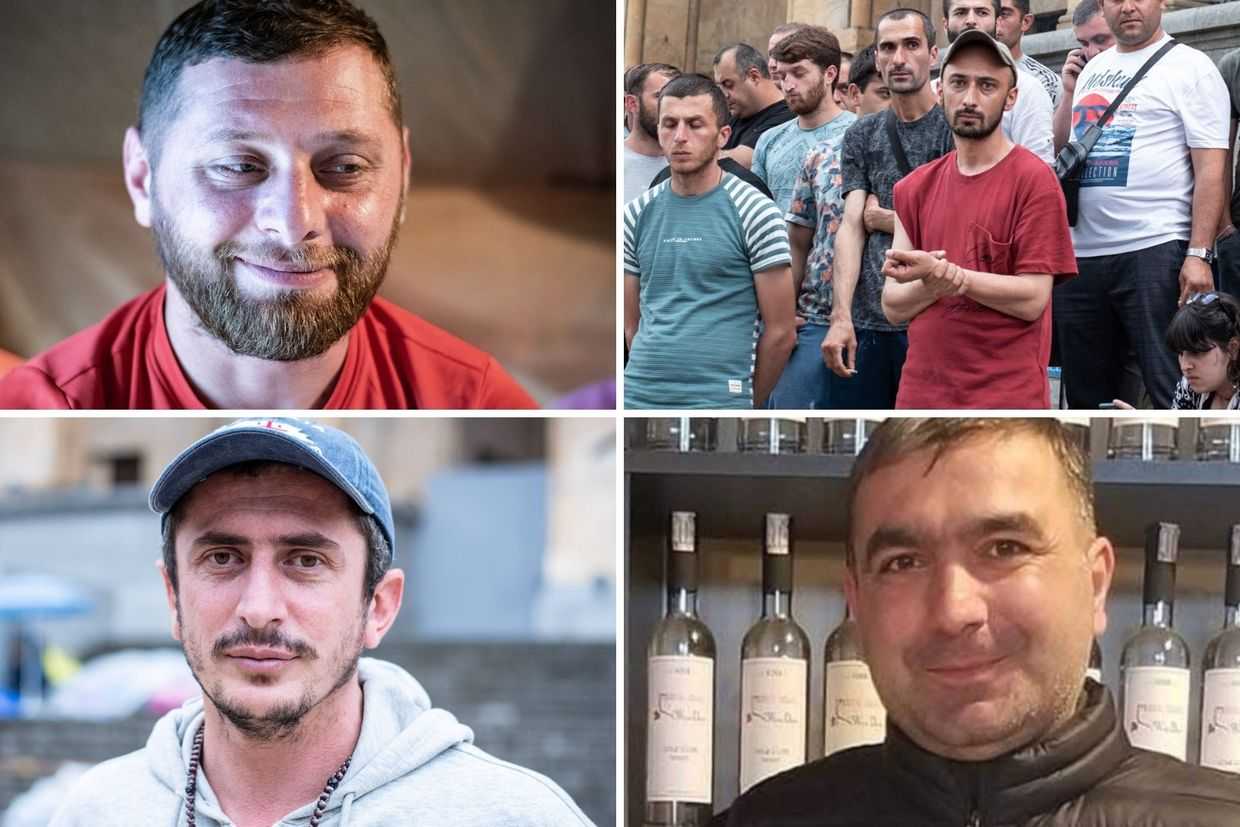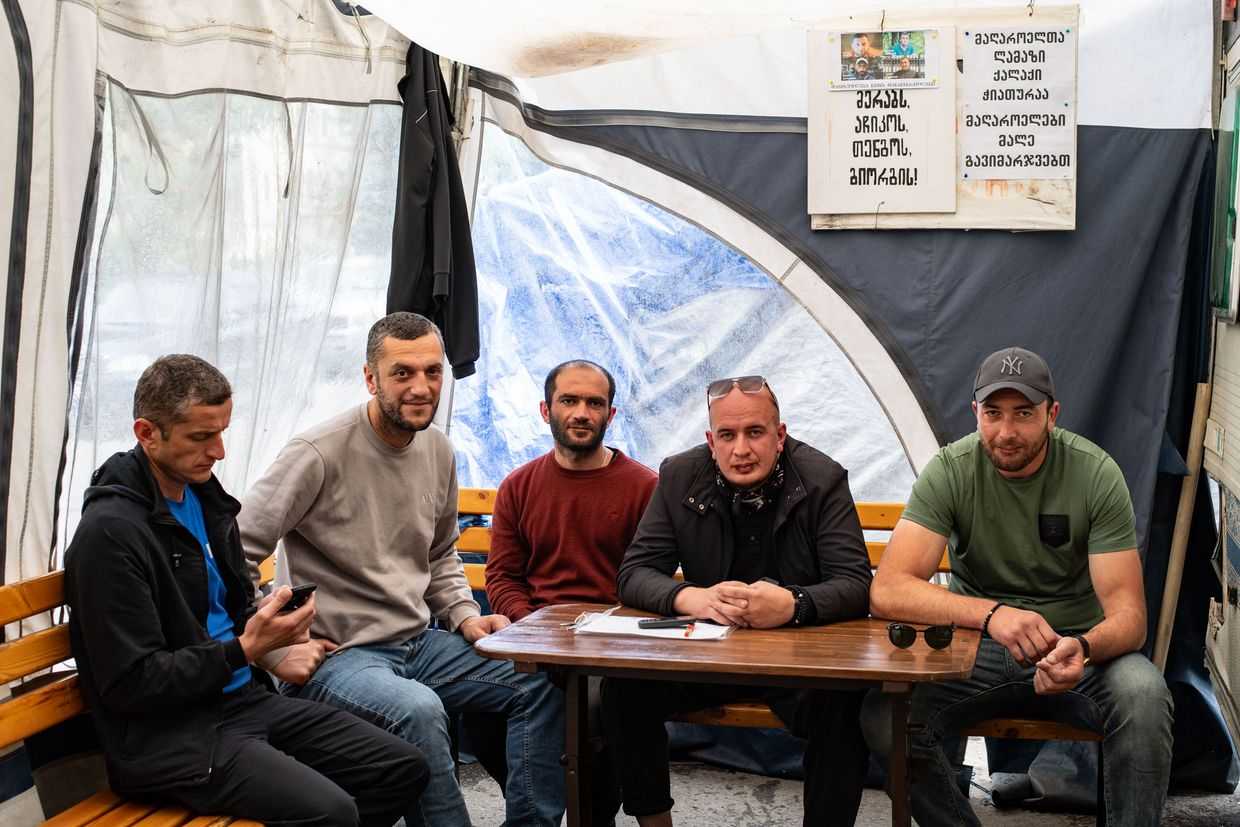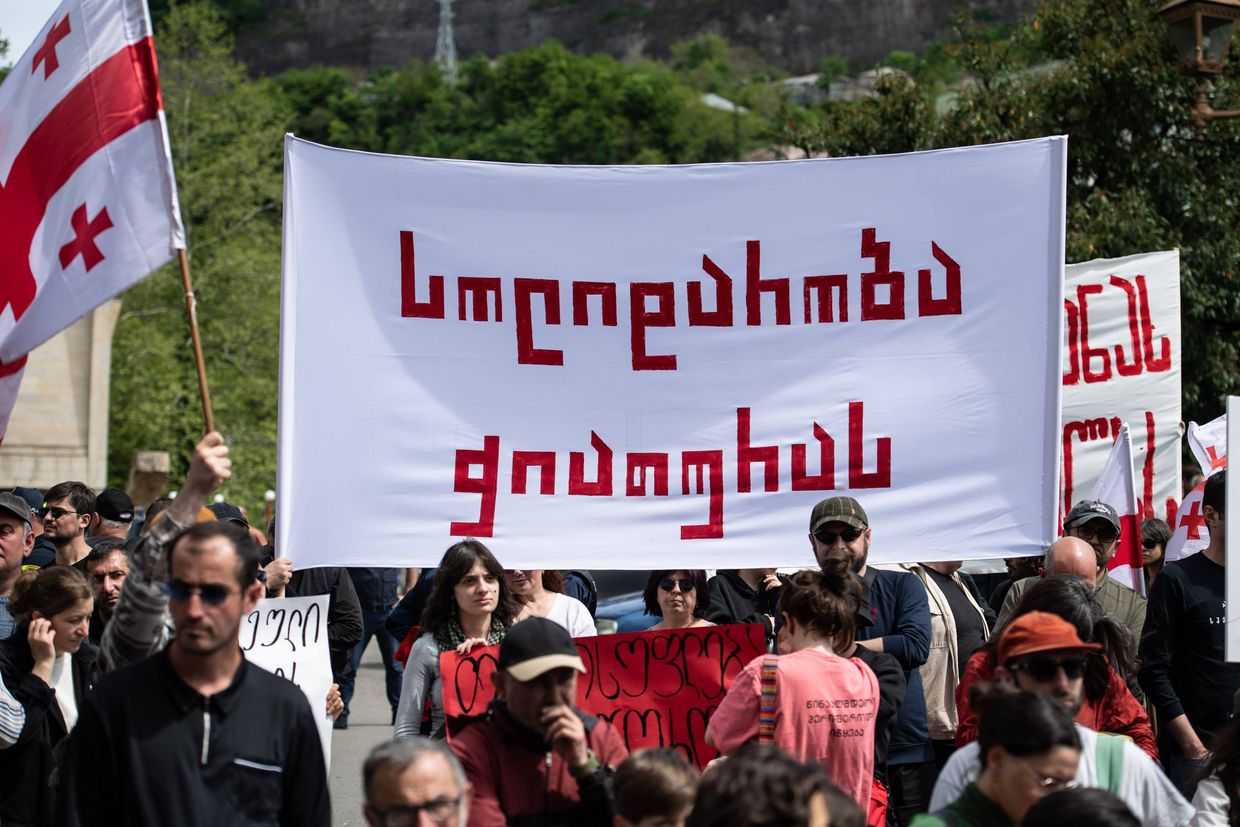

 A locksmith died in a manganese factory in the industrial town of Chiatura, in western Georgia, on 11 April, after falling down from a ladder. An investigation has been opened for violations of health and safety rules.
A locksmith died in a manganese factory in the industrial town of Chiatura, in western Georgia, on 11 April, after falling down from a ladder. An investigation has been opened for violations of health and safety rules.
Rezo Talakhadze had worked in the manganese mines and factories for 40 years, according to Georgian Manganese, the owners of the factory. Georgian Manganese have said that they will cover the man’s funeral expenses.
Georgian Manganese, which is a subsidiary of a larger, Florida-based Georgia-American Alloys, is registered in Luxembourg. Georgia-American Alloys also owns a ferroalloy plant in Zestaponi, — Georgia’s largest silicomanganese processing plant — and Vartsikhe, a nearby hydroelectric facility that powers factories in Zestaponi and Chiatura.
The company has faced repeated accusations of employing exploitative labour practices, which have allegedly caused injuries and deaths of the workers. The company has denied any violations of the law.
Two men were injured in an explosion in one of the mines in January 2017. According to Georgia’s Public Broadcaster, one of the workers said that safety rules were properly ensured and it was only an accident.
The case comes at a time when Georgia’s labour laws are facing criticism for not addressing labour exploitation. Research published in January 2017 by rights group the Human Rights Education and Monitoring Center claims that existing legislation on labour inspections in Georgia does not address the challenges the country faces and doesn’t comply with international labour standards.
[Read: Fatal workplace accidents show ‘need for labour inspection reform’]
There are no official statistics on the number of fatal workplace accidents so far in 2017, but data from the Ministry of Internal Affairs shows that 58 people died and 85 were seriously injured as a result of occupational accidents in 2016. Since the ministry started producing statistics in 2011, 270 workers have died and 776 were injured.









